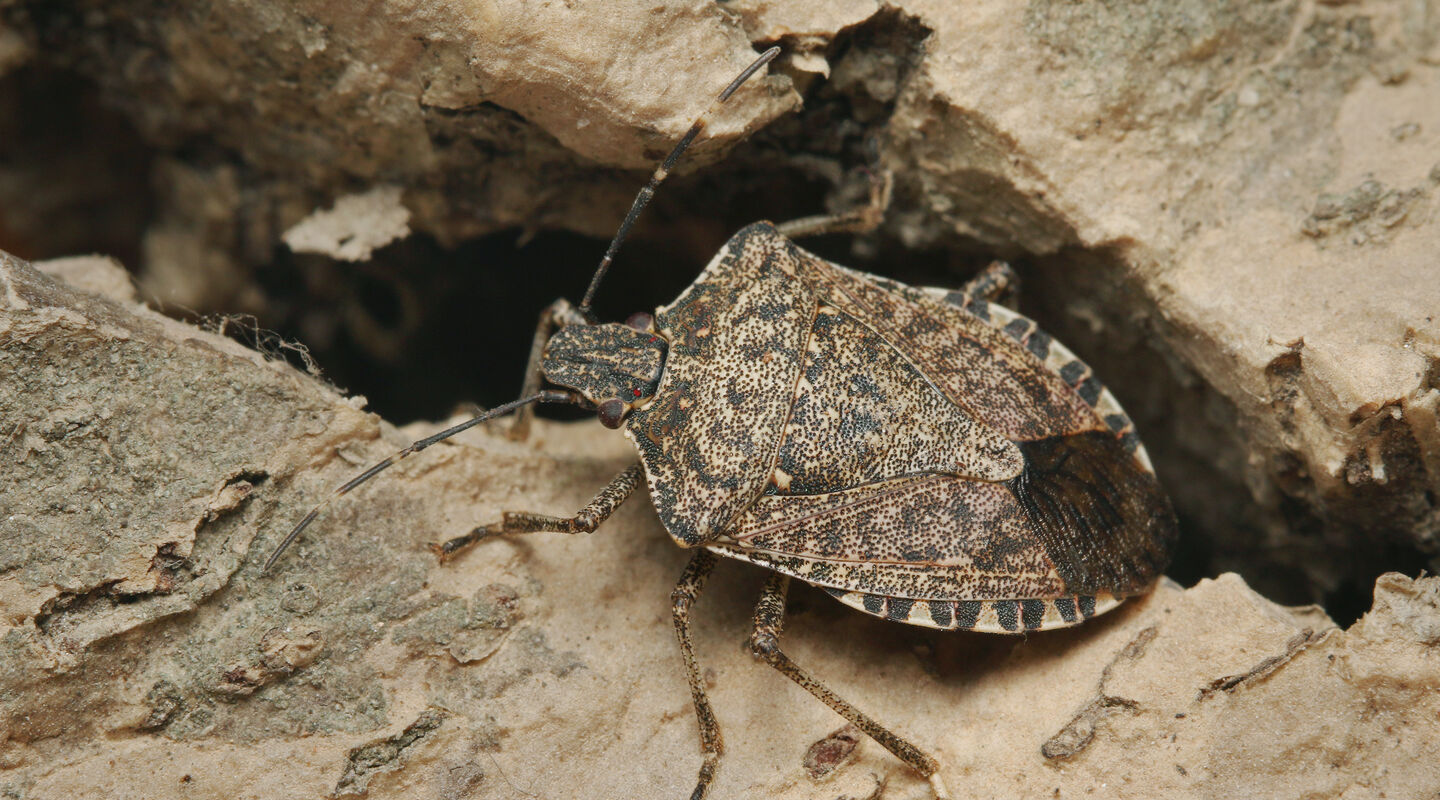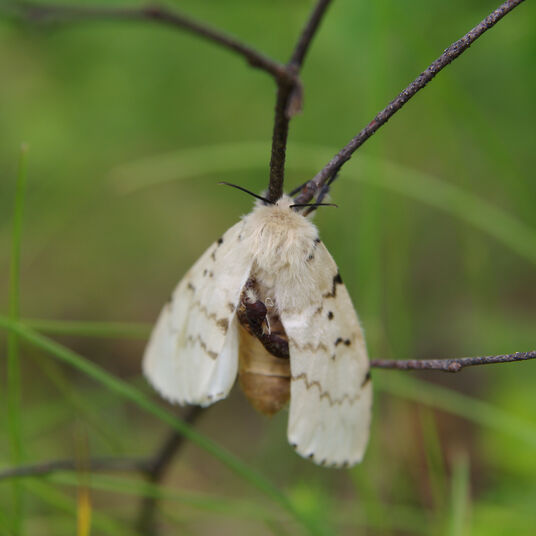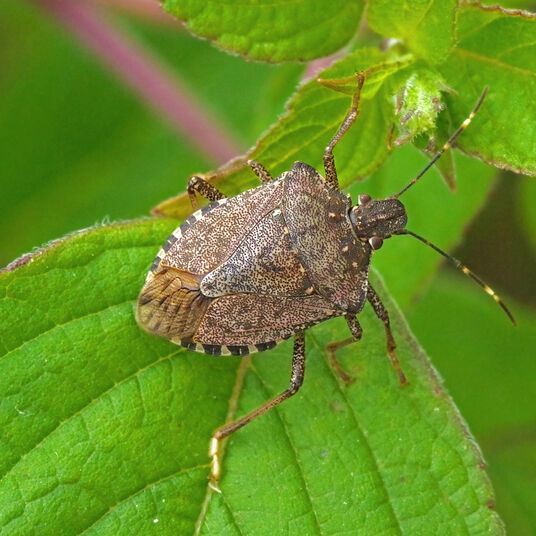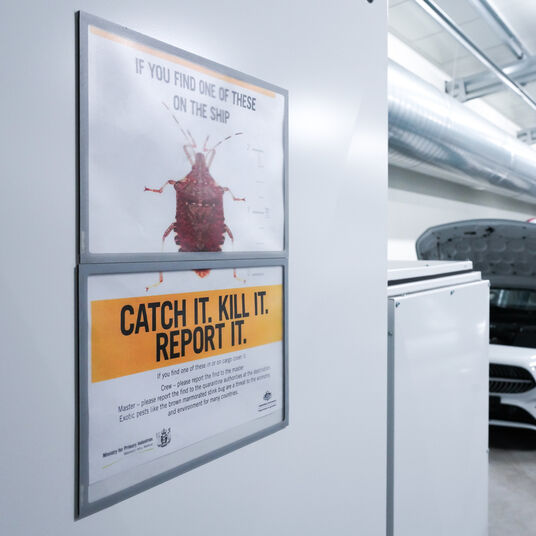"Will tighter regulations stop stink bug disruptions?"
Paul Johnson, vice president sales, Oceania, WW Ocean explains why it’s vital the industry works together to address the BMSB problem.

Only time will tell if enough has been done to address the threat posed by the brown marmorated stink bug (BMSB). New regulations on the BMSB should help. The continuing expansion of the list of countries affected by the stink bug problem is welcome.
WW Ocean consults closely with the authorities in Australia and New Zealand when new regulations are developed. The increase in stink bug target countries makes sense. Formerly, some European countries such as Belgium were excluded despite their neighbours being on the list – but the bugs don’t respect borders! Every year there are more additions, there is a list of emerging risk countries what potentially may become risk countries next season.
Ultimately, the presentation of contaminant and pest-free cargo remains the responsibility of cargo owners and shippers. At WW Ocean, we rely on our customers to ensure their supply chain delivers cargo that is contaminant-free and clean for shipping. They must work with treatment providers to ensure cargo has been correctly treated – ‘fogging’ the vessel at sea is not a solution, it just helps detect the bugs.It’s important, then, that cargo owners assess their supply chains carefully. And if they’re not sure what the stink bug season entails, they must find out more from the Australian Department of Agriculture, Water and the Environment or New Zealand Ministry for Primary Industries and work with customs agents and freight forwarders to address the problem.
For our part, WW Ocean will continue to survey and audit cargo and treatment providers. WW Solutions has also invested in treatment facilities at the ports of Zeebrugge and Baltimore.
No one wants to see an invasion of stink bugs damage the Australian or New Zealand agricultural and horticultural industries. That’s why we’re doing everything in our power to ensure they don’t make the journey from Europe, the US or Far East to Oceania onboard our vessels. But we can’t do it alone: everyone in the industry must work together to combat the threat.


